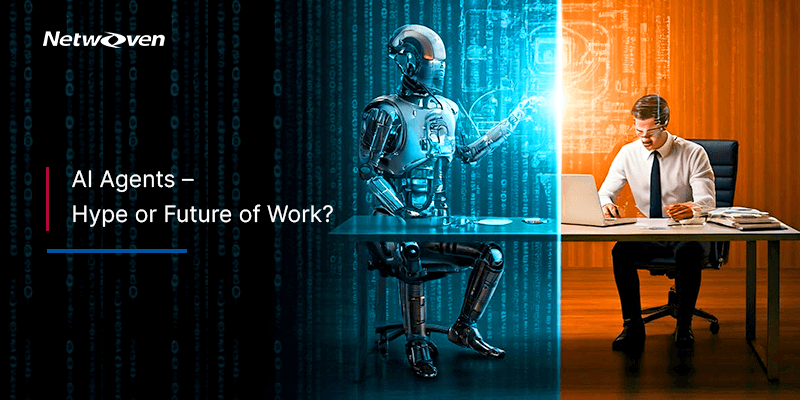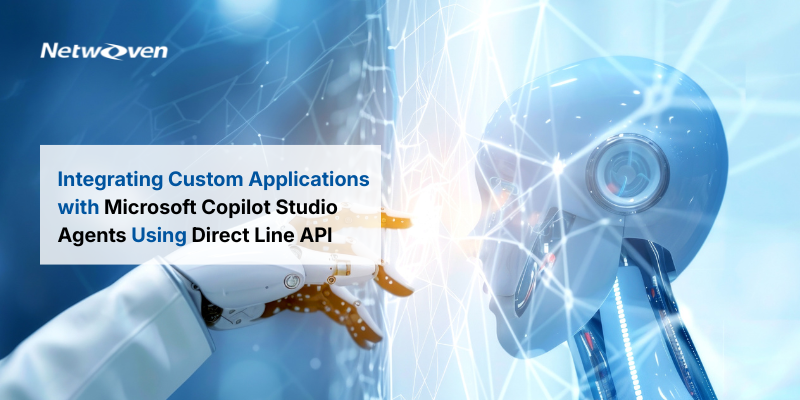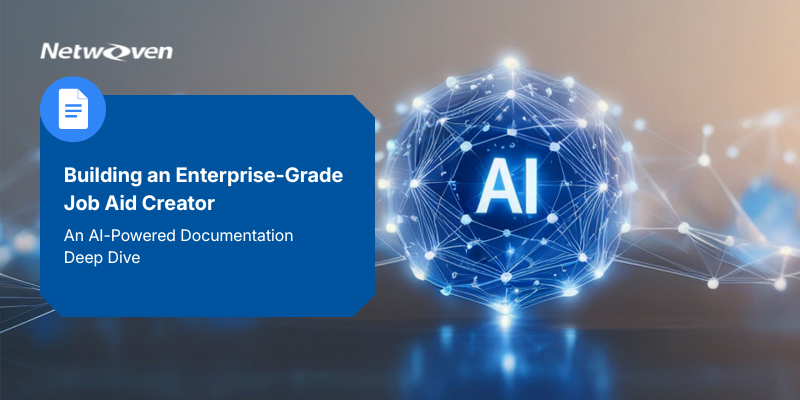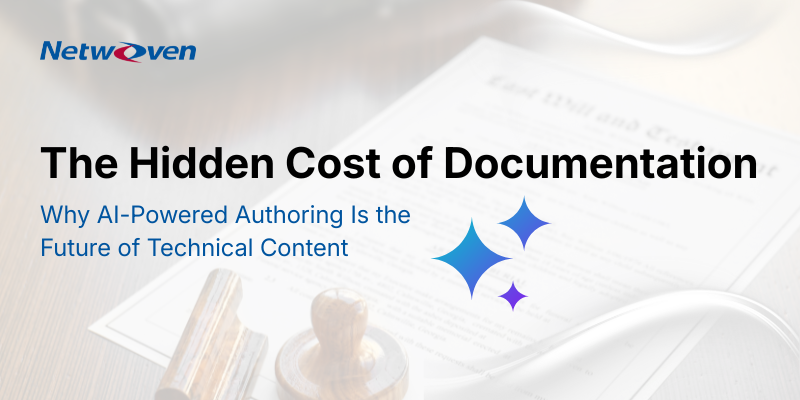Introduction
AI has become a buzzword in recent years popping up in talks across industries and promising to shake up how we live and work. Within the big world of AI, one idea has caught people’s attention: AI agents.
These self-running systems, built to work on their own and make choices without much human help, are seen as the next big thing in tech progress. While AI agents could change industries and reshape how we work in the future, it’s important to ask if this is real progress or just another overhyped tech trend.
Understanding AI Agents
AI agents are computer programs that aim to copy how human beings act and make choices. They often run on big systems called Large Language Models (LLMs) and Large Action Models (LAMs). These agents can learn from what’s around them, change based on new info and do jobs on their own. They mix machine learning, ways to understand human language and looking at lots of data to get things done. People want AI agents to make work easier, faster and more correct in many areas. This could let humans focus on harder and more creative tasks instead.
How do AI Agents Work in Real-World Examples?
To grasp what AI agents can do, we need to look at how different industries use them. Here are some examples from the real world that show how AI agents already have a big effect:
1. Customer Service
AI agents as chatbots can be involved in conversations by answering frequently asked questions and performing basic troubleshooting guided by AI. These AI-driven assistants can seamlessly be integrated within websites, in messaging platforms and even as voice assistants 24/7, freeing the human agents’ schedule to deal with more complex questions.
2. Healthcare
AI agents are increasingly being used in the healthcare industry to schedule appointments, answer questions from patients, and provide general medical information. AI-powered diagnostic tools can analyze medical images and patient data to assist in disease detection and treatment planning.
3. Finance
They use AI agents in the financial industry in diverse roles, such as automated trading systems, where they have algorithms defined and run through real-time market data to execute trades automatically. Others include fraud detection systems to analyze patterns in transactions and prevent fraudulent activities while at work. Then there are customer service chatbots offering instant support to clients when answering inquiries, solving problems and guiding customers through financial products and services.
4. Human Resources
AI Agents can transform operations in the Human Resources industry by automating mundane tasks such as resume screening, interview scheduling and employee data management. This allows HR professionals to focus on strategic initiatives like workforce planning and talent acquisition. These agents can sort through massive datasets in the HR domain and bring out actionable insights and predict future trends. For example, which employee is likely to move out of the organization or what talent is needed in the future? Another example- AI Agents can dramatically change the employee experience by offering customized interactions and appropriate answers to employees’ queries related to benefits, policies and training opportunities.
5. Energy
AI agents can be used in the energy industry to analyze large data sets, predict demand changes, automate routine tasks and optimize energy generation and distribution. For example, AI agents can control the smart grids, adjust energy flows over time to balance supply and demand, reduce transmission losses and integrate renewable energy sources more effectively. Moreover, AI chemistry can be applied to lightning energy plants to predict equipment failures, proactively schedule repairs and improve operational efficiencies, leading to significant cost savings and reduced downtime.
6. Cybersecurity
In cybersecurity, AI professionals use machine learning algorithms to analyze vast amounts of data, identify malicious patterns and predict potential cyberattacks with unprecedented accuracy. AI professionals monitor networks constantly, detect anomalies in real-time, deal with extensive damage and actively prevent threats. They can also activate incident response mechanisms such as isolating infected systems, containing widespread malware and restoring compromised systems.
The Future of AI Agents
While the present-day applications of AI agents are mind-blowing, destiny holds even greater promise. As AI technology continues to adapt, we can count on AI agents to emerge as extra sophisticated and capable. Here are a few potential advancements we will see in the coming years:
Improved decision-making:
AI agents may have the ability to make complex and nuanced choices, thanks to advances in machine learning and data analytics. This lets a wide range of responsibilities be handled, offering accurate and dependable consequences.
Increased collaboration
AI agents will collaborate with humans in an inclusive and collaborative way. This consists of lean communications and systems, in which AI agents update and augment human abilities.
Improved personalization
AI agents are adept at understanding the needs and wants of people. This will result in greater personalized stories, whether in customer service, healthcare or financial services.
Ethical considerations
As AI agents become more popular and widely used, there might be extra emphasis on moral considerations. Ensuring transparency, equity and responsibility in AI decision-making might be important to constructing public belief and recognition.
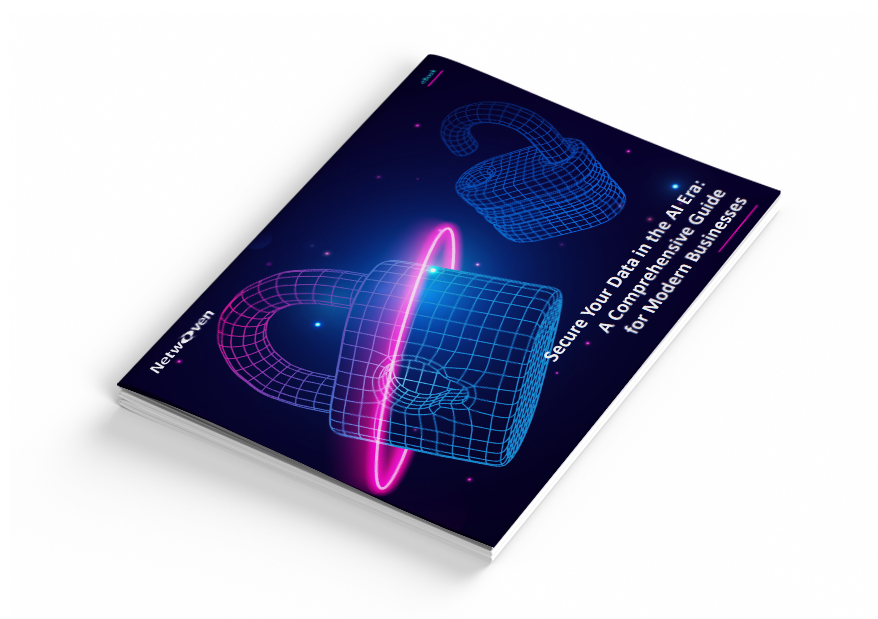
Ebook: Secure Your Data in the AI Era
The rapid evolution of AI requires organizations to update data security protocols to protect sensitive information. This eBook provides practical guidelines to help strengthen data security in the AI era.
Get the eBookConclusion:
The emergence of AI agents is a result of some hype and mostly the way we will work in the future. While there is surely excitement and hype about their abilities, actual-world examples and forecast data display that AI agents are here to live and are already transforming jobs, increasing productivity and improving ROI. As the era evolves, AI specialists will play an increasingly vital role in shaping the future of work and imparting new possibilities for all.
AI agents with a focus on ethical concerns and overall human performance will be key to unlocking its complete capability and ensuring a future wherein AI agents contribute to society.
As tech titans like Microsoft envisions a future where AI agents take care of mundane tasks, there’s no end to how much this could boost workplace output. At Netwoven, a trusted Microsoft Solutions Partner, we’re on our way to help companies bring AI agents into their everyday work. Want to see how AI can shape the future of your work? Contact us to learn more!

